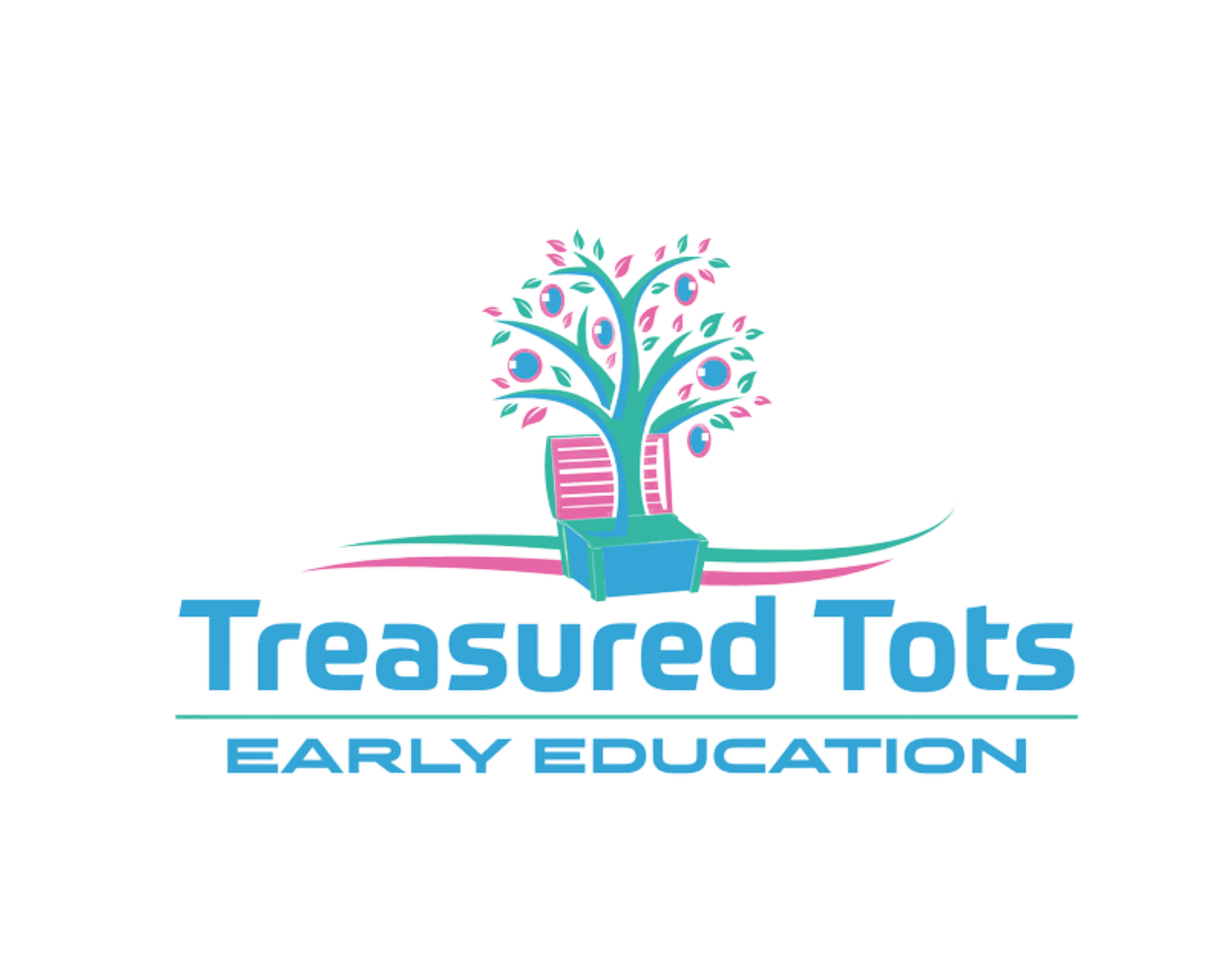Teaching Children Mindfulness
Mind your manners. Mind the step. Mind the hot stove. Mind out of the way. Do you mind? Never mind.
When it comes to bringing up children, we use the word ‘mind’ frequently in a myriad different ways but according to parenting experts, there’s a very important ‘mind’ word that we should be using consciously - and daily. Mindfulness.
A simple explanation of mindfulness is being aware of what’s going on in the present moment. It’s a learnt skill with benefits in terms of mental wellbeing and helping people with emotional regulation and cognitive focus. And it can make a difference in our children’s lives too.
A growing body of evidence* supports the anecdotal view that we should be teaching mindfulness to children because it can play a key role in helping them improve their ability to pay attention, helping them manage stress and settle themselves when they’re feeling upset. Another big benefit of teaching mindfulness at a young age is that children learn that they are in charge of their own thoughts and feelings, helping them to make better, more considered decisions.
Sounds good doesn’t it? But how do you go about teaching children the art of mindfulness?
First up, it’s important to recognise that mindfulness won’t work miracles. It’s not a panacea for the more challenging aspects of growing up and nor is it a solution to cognitive or behavioural problems, but it certainly can make a tangible difference to the lives of both the child and the parent. It’s also important to know that it’s not something that delivers instant ‘results’. But the benefits are real and it’s certainly worth persevering - without judgement and without expectation.
Mindfulness is a learnt skill and introducing the concept to a child - even at a very young age before they can articulate their emotions and thoughts properly - is truly worthwhile. The trick is to keep it simple, don’t force it, go at their pace and turn off any distractions (like the television and mobile phones) before you do any mindful exercises.
Here are some ways you can teach your child to be mindful:
Share ‘breathing’ hugs.
Work out a special hug with your child whereby you each take three or four deep breaths in sync with one another. Relax your muscles and feel the tension release. Ask your child to listen to the sound of the breaths and to feel their chest rise and fall.
Get your child to lie on their back with their favourite toy on their chest.
Ask them to watch what happens to the toy when they take deep breaths in and out. You can also do this ‘tummy breathing’ without the use of a toy - just get your child to put their hands on their stomach and ask them to notice the movement of their hands when they breathe.
Go on a ‘noticing’ walk with your child.
When you stroll in the park or around the neighbourhood, look for things you haven’t acknowledged before. The colour of the roofs, the sound of the birds, the wind rustling the leaves, the different sounds of passing cars.
Have a ‘mindful minute’ at home.
Stay completely silent for 60 seconds and ask your child to pay attention to what they hear around them, how the surface beneath them feels etc.
Practice gratitude.
This could be anything from a ‘happiness jar’ where children write down (or get a parent to write for them) things that make them feel happy to having a thank-you moment during a shared family meal where each person talks about something in their day that they’re grateful for.
Play is another opportunity for a parent to teach a child about mindfulness.
During play, gently guide them to be fully aware of what’s going on around them. Focus on their senses and get them to notice what their thoughts are, what their bodies feel like, what their ears are hearing, their noses smelling and their ears hearing as they play.
Mindfulness is also becoming increasingly popular in the classroom as forward-thinking schools recognise the behavioural and cognitive benefits of the practice.
The philosophy at one of Perth’s leading childcare service providers, Treasured Tots is that mindfulness is an important skill for the children as well as the educators. Our staff are encouraged to practice mindfulness in their personal lives and it’s incorporated into the daily routines at the childcare centres in Mandurah, Bibra Lake, Fremantle, Piara Waters, Hamersley, Bennett Springs and Bicton.
Treasured Tots centres reflect our commitment to enable the child to learn, grow, explore, discover and develop into independent, confident learners who are well-prepared for formal schooling. Our innovative approach has earned them a strong following among the local community and if you’re considering enrolling your child into a childcare centre in Fremantle, Bibra Lake or Mandurah, get in touch now.
If you found this article useful, you might also like “Sun smart activities for babies and kids“, “Why Your Children Will Thank You When You Teach Them About Gratitude” and “Setting Up A Play Shop At Home“.

